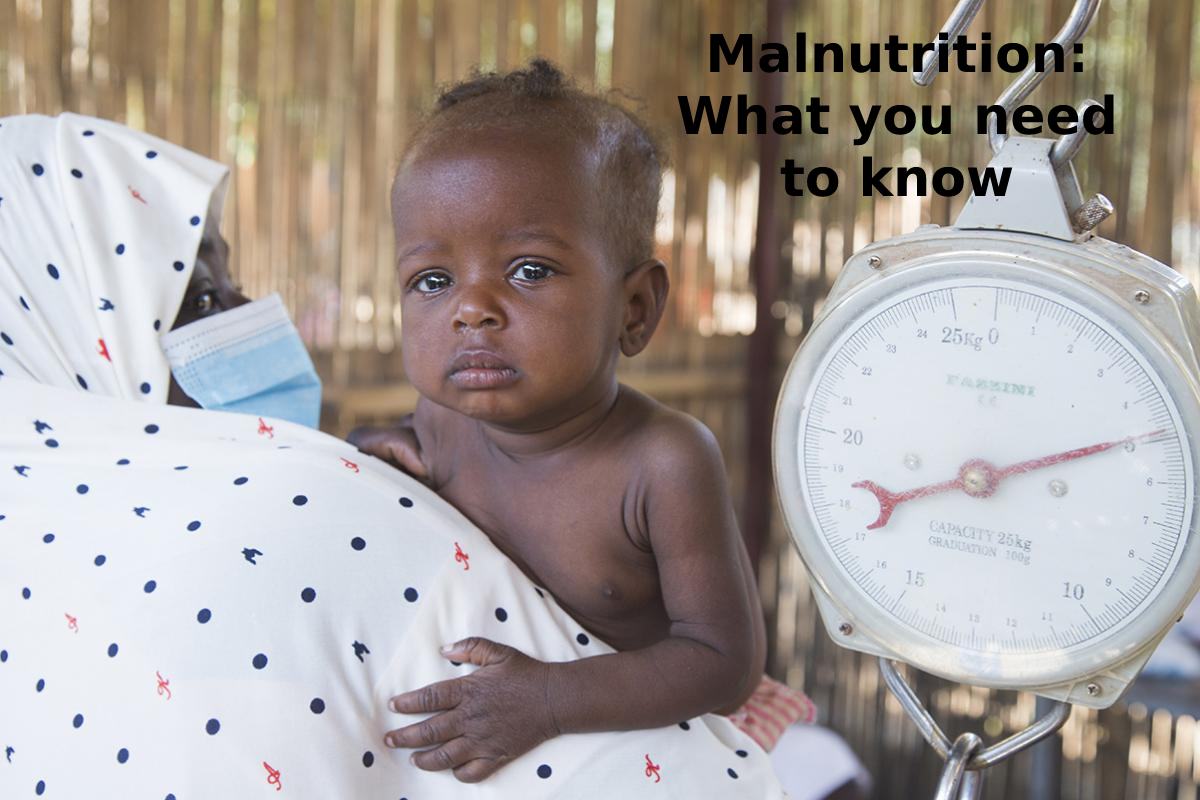Malnutrition come about after a person’s diet does not provide plenty nutrients or the correct balance of nutrients for best health.
Causes of malnutrition take in poor food choices, low profits, trouble obtaining food, and various physical and mental health problems.
When a person has else little food, a restricted diet, or a condition that prevents their body from getting the proper balance of nutrients, it can seriously affect their health. In some cases, it can become fatal. This article examines malnutrition in detail, including the causes, symptoms, and treatments.
Table of Contents
What is malnutrition?
Malnutrition comes about when a person gets too profuse or too little of sure nutrients. Instead, malnutrition occurs when they lack nutrients because they eat too little food overall. As a result, a malnourished being may lack vitamins, minerals, and other vital materials that their body needs to function.
Malnutrition can lead to:
- short-term and long-term health problems
- slow recovery from injuries and illnesses
- increased risk of infection
- difficulty concentrating at work or school
Certain deficiencies can trigger specific health problems. For example:
- Lack of vitamin A
Around the world, many children mature vision problems due to a lack of vitamin A.
- Lack of vitamin C
Lack of vitamin C can cause scurvy. Scurvy is rare in the Shared States, but it can develop if you don’t eat a different diet with plenty of different fruits and vegetables.
Older people, young children, heavy drinkers, and some people with certain mental health conditions may be particularly at risk.
A global shortage
Lack of nutrients can lead to kwashiorkor, a “severe form of malnutrition.” A symptom of this condition is a distended abdomen.
Marasmus is another possible result of severe nutritional absence. A person with marasmus will have very little muscle or fat.
Symptoms
Some symbols besides symptoms of malnutrition include:
- Lack of appetite or notice in food or drink
- Tiredness and petulance
- An inability to concentrate
- Always be cold
- depression
- Loss of fat, muscle mass and body tissues
- A higher risk of success sick and taking longer to heal
- Increased wound healing time
- An increased risk of complications after surgery
- Eventually, a person may also experience shortness of breath and heart failure.
In children, there may be:
- lack of growth and low body weight
- fatigue and lack of energy
- irritability and anxiety
- slow behavioural and intellectual development, possibly leading to learning difficulties
And also, treatment is possible. In some cases, however, malnutrition can have long-lasting effects.
Anorexia nervosa is a mental illness that can lead to severe . Learn more here.
Low food consumption.
Some people develop malnutrition because there is not enough food available or trouble eating or captivating nutrients.
That can happen as a result of the following:
- Cancer
- liver disease
- Conditions that cause nausea or make it hard to eat or swallow
- Taking medicines that make it hard to eat, for example, due to illness
- Oral problems, such as ill-fitting dentures, can also contribute to.
- Mental health problems
Malnutrition or malnutrition can move people with:
- Despair
- Dementia
- Schizophrenia
- Anorexia nervosa And also social and mobility problems
Factors that can move a person’s eating habits and potentially chief to malnutrition include:
- Not being able to accord the house or go to a store to buy food
- Has physical difficulty preparing meals
- Living alone can affect a person’s motivation to cook and eat
- Have limited cookery skills
- Not having enough currency to spend on food

